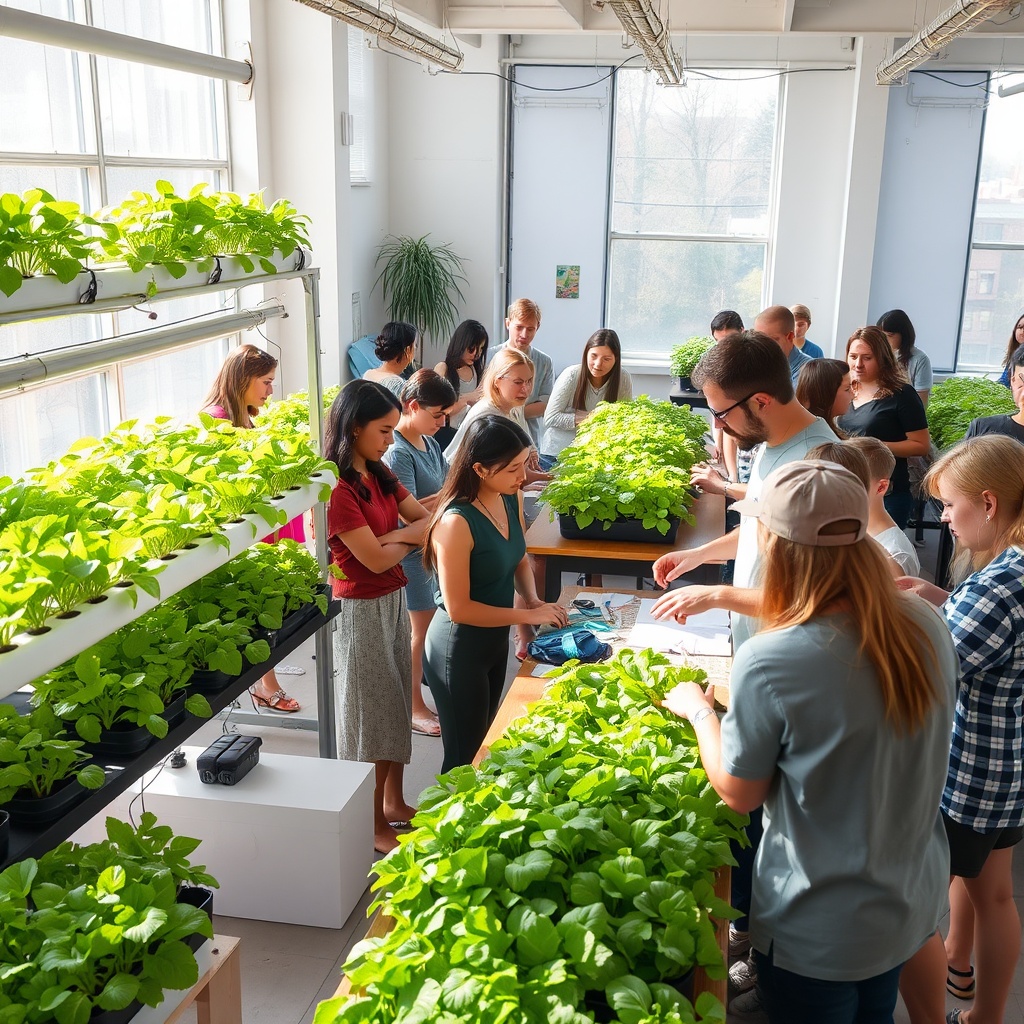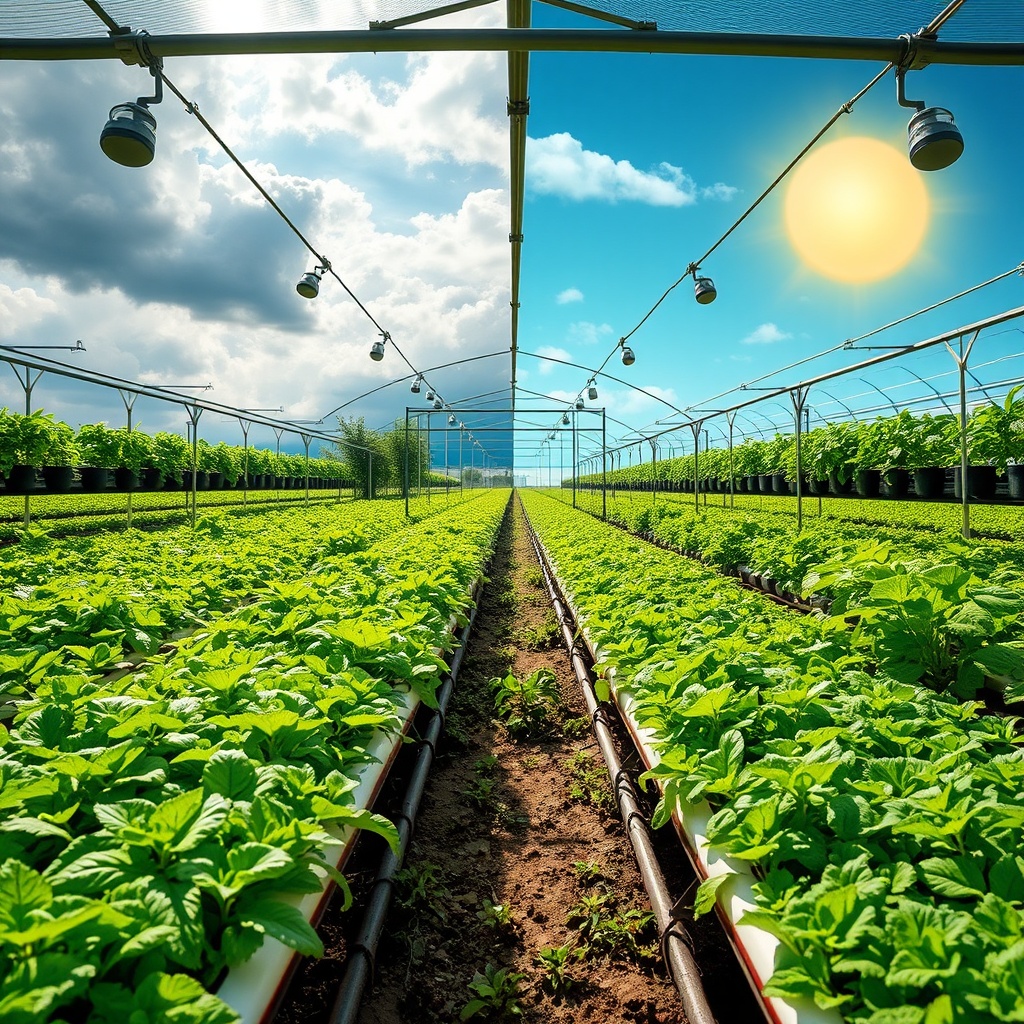As urbanization continues to rise and the demand for sustainable food sources grows, hydroponics has emerged as a revolutionary method for cultivating crops without soil. This trend not only promotes environmental sustainability but also offers a unique opportunity for education and innovation. In this article, we delve into the burgeoning market of hydroponic education and workshops, exploring how they can empower individuals and communities alike.
Expanding Knowledge Through Hands-On Learning
Hydroponic workshops are more than just a trend; they serve as vital platforms for knowledge dissemination. By engaging participants in practical, hands-on experiences, these workshops foster a deeper understanding of hydroponic systems, nutrient management, and plant biology. Such immersive educational opportunities are crucial for both novice gardeners and seasoned agriculturalists looking to innovate.
- Interactive Sessions: Participants learn through direct interaction with hydroponic systems, enhancing retention and understanding.
- Expert Guidance: Workshops are often led by experienced horticulturists who provide insights and answer questions.
- Networking Opportunities: These gatherings allow attendees to connect with like-minded individuals, creating a community of practice.
Market Demand and Economic Potential
The global hydroponic market is on the rise, with projections indicating significant growth in the coming years. This boom presents a unique opportunity for educators and entrepreneurs alike. By establishing hydroponic training programs and workshops, businesses can tap into a lucrative market while contributing to sustainable agricultural practices. Here’s a closer look at the economic potential:
| Year | Market Size (in Billion $) | Growth Rate (%) |
|---|---|---|
| 2020 | 2.3 | 20 |
| 2025 | 5.5 | 15 |
| 2030 | 11.1 | 12 |
This table illustrates the promising trajectory of the hydroponic market, making it an attractive field for educational initiatives.
Sustainable Practices for a Better Tomorrow
By investing in hydroponic education and workshops, individuals equip themselves with the knowledge to contribute to sustainable food production. These initiatives not only promote local food systems but also encourage environmental stewardship. The ripple effect of informed individuals can lead to community-scale hydroponic farms, reducing transportation emissions and enhancing food security.
In conclusion, the opportunities within the hydroponic education and workshop markets are abundant and multifaceted. As we embrace this innovative agricultural method, we invite individuals and communities to explore the potential it holds for a greener, more sustainable future.




